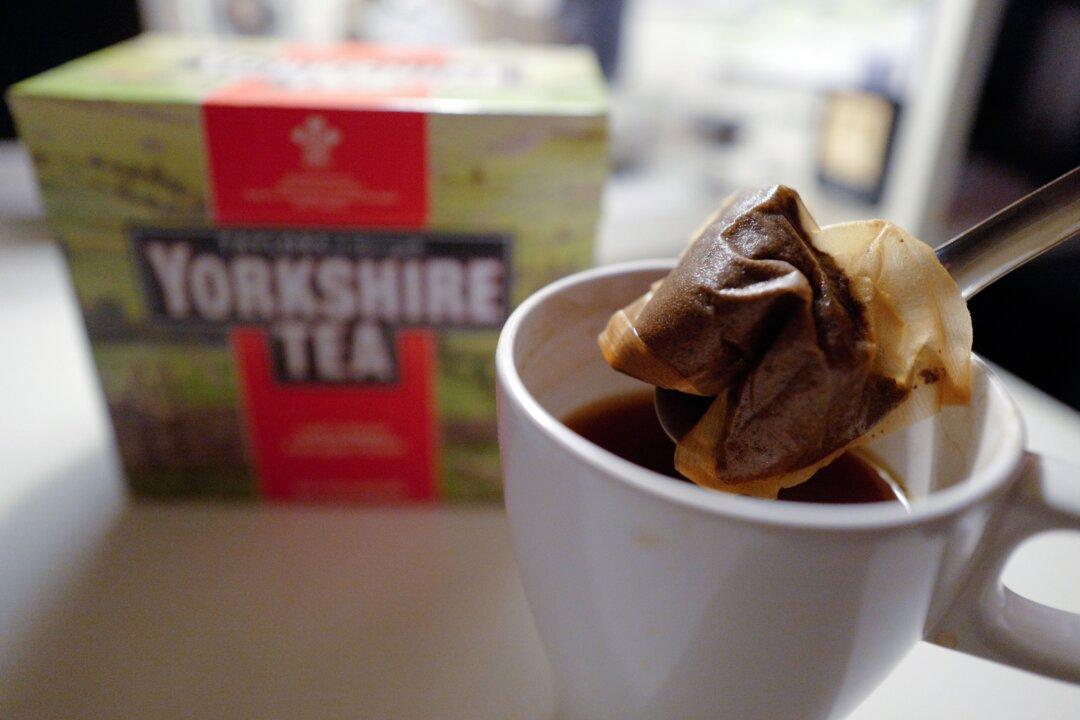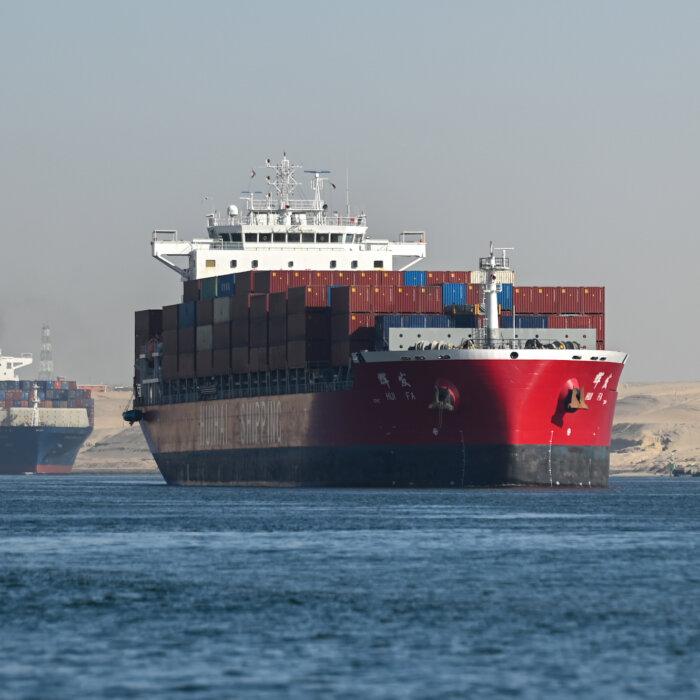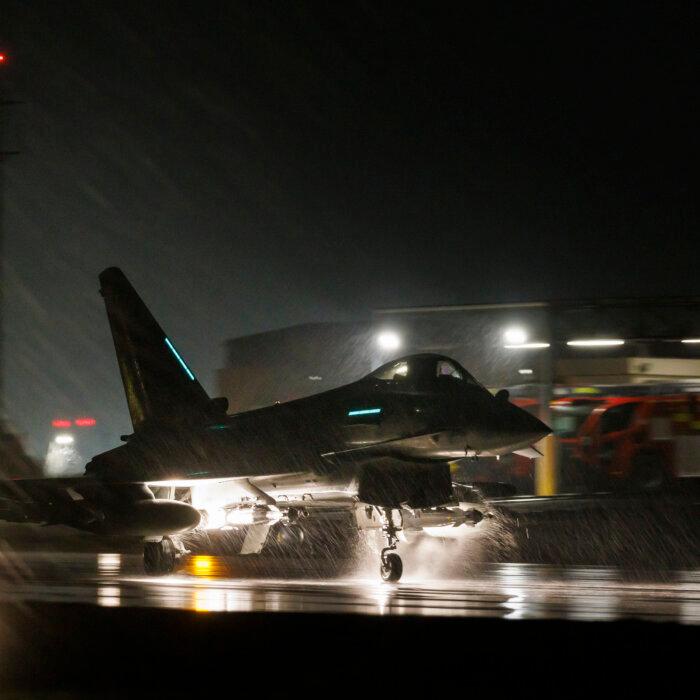Tea lovers in Britain may struggle to find their favourite drink on supermarket shelves, amid reports that shipments have been affected by the Houthi attacks on ships in the Red Sea.
The international transport of goods in the Rea Sea has been distabilised by the ongoing unrest that follows three months of unprecedented attacks by the Iran-backed Houthi rebels on ships in the region.
Tea drinkers in the UK may bear the brunt of the unrest in the Red Sea, with Sainsbury’s confirming it is “an industry wide issue.”
The Epoch Times has reached out to Sainsbury’s for confirmation.
The director of Food and Sustainability at the British Retail Consortium, Andrew Opie, said that the disruption is “temporary.”
“There is temporary disruption to some black tea lines, but the impact on consumers will be minimal as retailers are not expecting significant challenges,” said Mr. Opie.
Tea tops the list of the most popular beverages in the UK, according to a YouGov survey for the last quarter of 2023.
The UK is among the top five global importers of tea, accounting for 5.4 percent of total global imports and $356.1 million in value. The Institute of Export and International Trade (IEIT) listed China, Kenya, Sri Lanka, India, and Poland as the biggest five global exporters of tea in 2022.
In 2021, Britain’s tea imports came primarily from Kenya ($114 million) and India ($42.2 million). Almost 20 percent of UK imports pass through the Suez Canal maritime checkpoints, making the Red Sea route crucial in the supply chain.
The 1st of Many
IEIT Director General Marco Forgione told Reuters that tea may be “the first of many items caught up in this supply chain crisis.”Geopolitical tension was cited as a major source of concern for 85 percent of senior procurement leaders surveyed last year. Respondents said that global instability could affect their supply chains over the next three years.
The CBI, which represents 190,000 businesses, warned that a number of companies have already reported increased delivery times on expected shipments.
Among businesses affected by the disruption in the Red Sea are specialist chemicals firms, a machinery and equipment manufacturer, and a publishing firm, the CBI reported.
In response to “heightened geopolitical tensions,” the government introduced the Critical Imports and Supply Chains Strategy in January. The new programme is meant to protect goods imported into the country, which are “critical to the UK security and prosperity.”
These range from semiconductors to medicines and cover critical elements of infrastructure, such as defence, emergency services, food, transport, energy, and digital technology.
Business minister Nusrat Ghani said that under the programme the government will launch a new Critical Imports Council. It will work with businesses in order to identify risks to the most sensitive imports.







